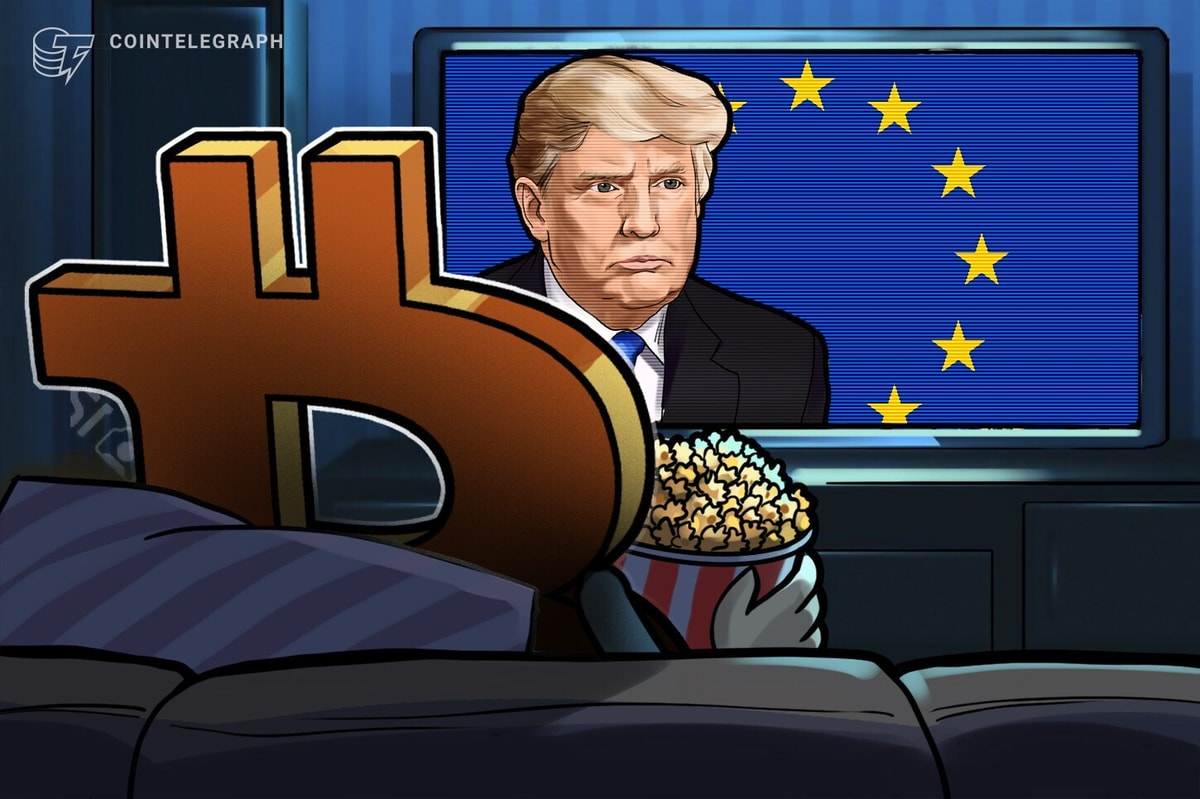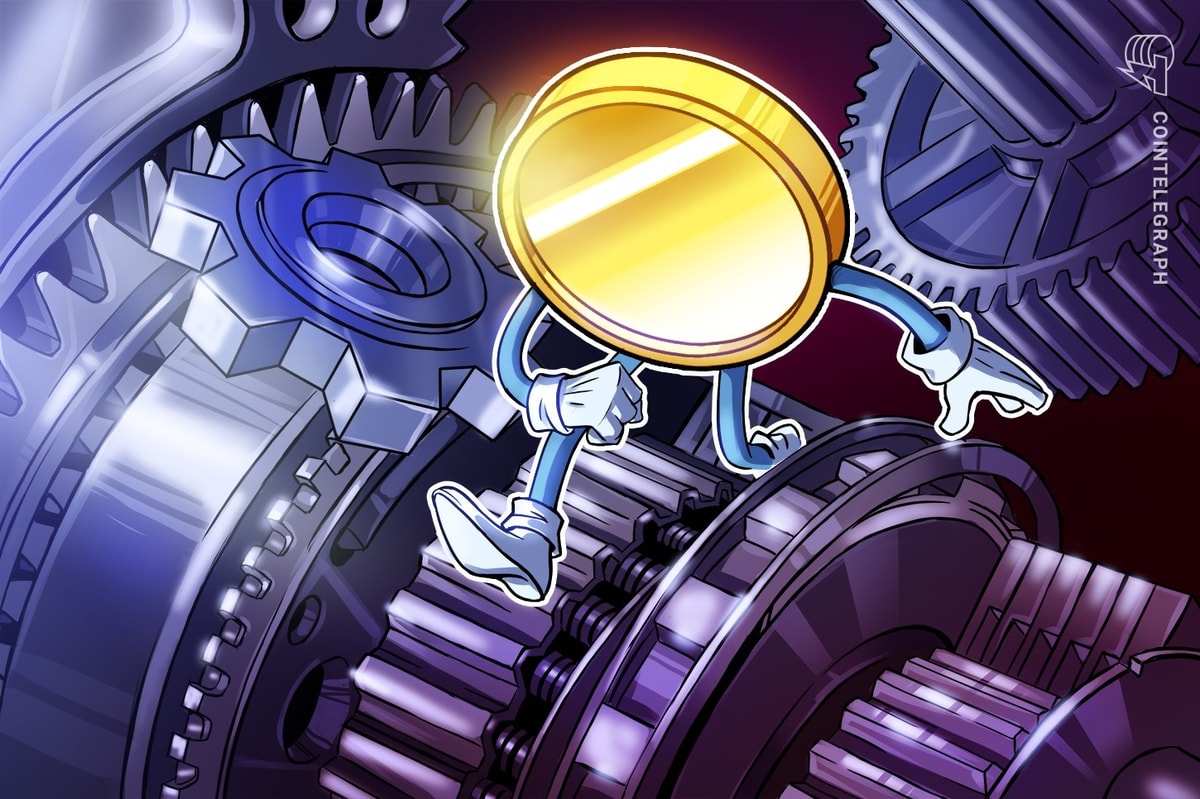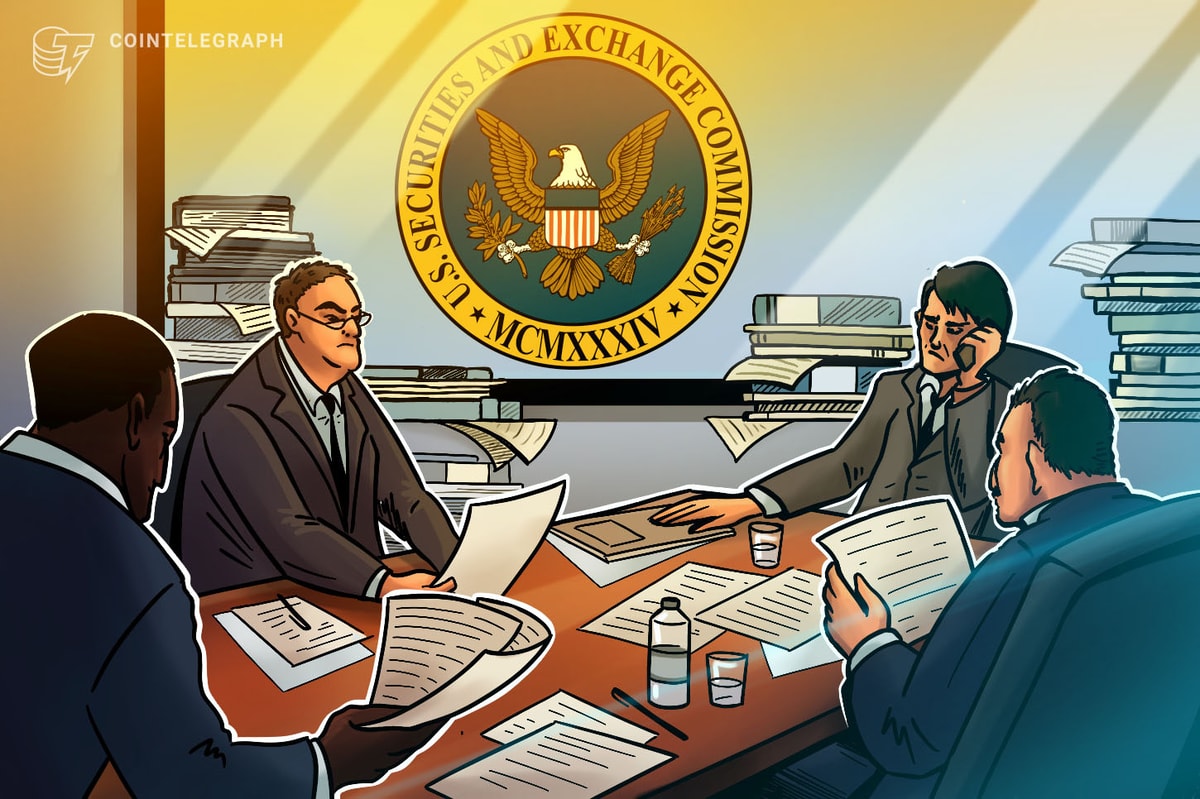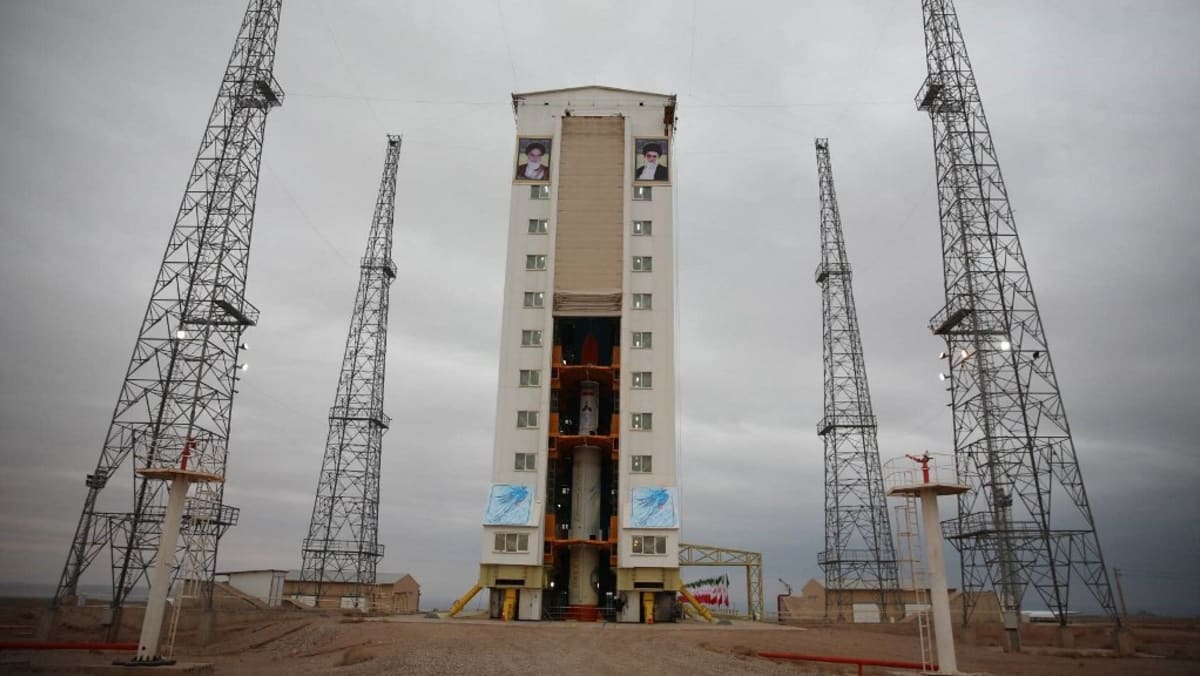A weekend telephone call between U.S. President Donald Trump and EU chief Ursula von der Leyen gave ‘new impetus’ to trade talks, the EU said on Monday, after Trump dropped his threat to impose 50 per cent tariffs on imports from the European Union next month.
Trump restored a July 9 deadline to allow for talks between Washington and the 27-nation bloc to produce a deal after what he said was “a very nice call” with von der Leyen on Sunday which an EU spokesperson said had been initiated by her.
The euro hit a one-month high against the dollar on Monday, while European shares surged and were poised to recoup the previous session’s losses. Gold prices fell as Trump’s latest move reduced demand for the safe-haven asset.
The US and EU trade representatives were due to hold talks on Monday afternoon, European time, the European Commission spokesperson said, declining to give any information about the content of the call between Trump and von der Leyen.
“There’s now also a new impetus for the negotiations, and we will take it from there,” the spokesperson said.

“They agreed both to fast track the trade negotiations and to stay in close contact.”
German Economy Minister Katherina Reiche called for tariff negotiations to proceed calmly. “We have to find a common path,” she said.
Trump had said on Friday that he was recommending a 50 per cent tariff effective from June 1, expressing frustration that trade negotiations with the EU were not moving quickly enough. The threat roiled global financial markets and intensified a trade war that has been punctuated by frequent changes in tariff policies toward U.S. trading partners and allies.

Get daily National news
Get the day’s top news, political, economic, and current affairs headlines, delivered to your inbox once a day.
The U.S. president’s softened stance two days later marked another temporary reprieve in his erratic trade policy, even if the latest whipsawing in decision making reminded policymakers and investors how quickly circumstances could change.
“It is possible that a deal with the European Union will be reached by 9 July,” Commerzbank currency strategist Michael Pfister said.
“However, it is questionable what has changed in terms of the fundamental problems following a phone call. One thing should be clear after Friday’s announcement: the brief respite from tariffs that we enjoyed was only temporary.”
EU trade chief Maros Sefcovic was scheduled to have a video conference on Monday with the CEOs of Mercedes-Benz MBGn.DE, Volkswagen VOWG_p.DE, BMW BMWG.DE and Stellantis STLAM.MI, as businesses wondered what plans, if any, they should make.
Despite the relief, Germany’s family-owned LAPP Group, which makes everything from cables and wires to robotics for factories, warned that some of its specialized products would still be affected by the planned tariffs, and the volatile business environment.
“Unfortunately, current U.S. politics is characterized by unpredictability, individual interests and populism,” CEO Matthias Lapp told Reuters.
“Germany’s good transatlantic relations have been built up over decades of diplomatic work and mutual understanding. However, confidence in their stability is currently suffering massive damage.”

Trump, who has repeatedly expressed disdain for the EU and its treatment of the United States on trade, relented after European Commission President von der Leyen told him on Sunday that the EU needed more time to come to an agreement.
She asked him during a call to delay the tariffs until July, the deadline he had originally set when he announced new tariffs in April. Trump told reporters he had granted the request.
“I agreed to move it,” Trump said before returning to Washington after a weekend in New Jersey. “She said we will rapidly get together and see if we can work something out.”
Von der Leyen said in a post on X that she had a “good call” with Trump and that the EU was ready to move quickly.
“Europe is ready to advance talks swiftly and decisively,” she said. “To reach a good deal, we would need the time until July 9.”
The negotiations had been stuck, with Washington demanding unilateral concessions from Brussels to open up to U.S. business while the EU seeks an agreement in which both sides could gain, according to people familiar with the talks.
The EU already faces 25 per cent U.S. import tariffs on its steel, aluminum and cars and so-called “reciprocal” tariffs of 10 per cent for almost all other goods, a levy that had been due to rise to 20 per cent after Trump’s 90-day pause expires in July.
The levy could increase to 50 per cent in a no-deal scenario, which could raise consumer prices on everything from German BMWs BMWG.DE and Porsches PSHG_p.DE to Italian olive oil and hurt demand for French luxury handbags LVMH.PA, PRTP.PA.
It was not clear, however, whether the 50 per cent tariff threat would apply to all EU imports or just those subject to the U.S. ‘reciprocal’ tariff, which does not apply to steel and cars and other products subject to investigations, such as semiconductors, pharmaceutical products and lumber.
—Additional reporting by Jan Strupczewski, Amanda Cooper, Charlotte Van Campenhout, Nikhil Sharma, Christop Steitz, Ludwig Burger, Richard Lough, Christian Kraemer; Writing by Ingrid Melander; Editing by Philippa Fletcher
#Trumps #tariffs #delayed #call #bloc #chief #trade #talks #National













